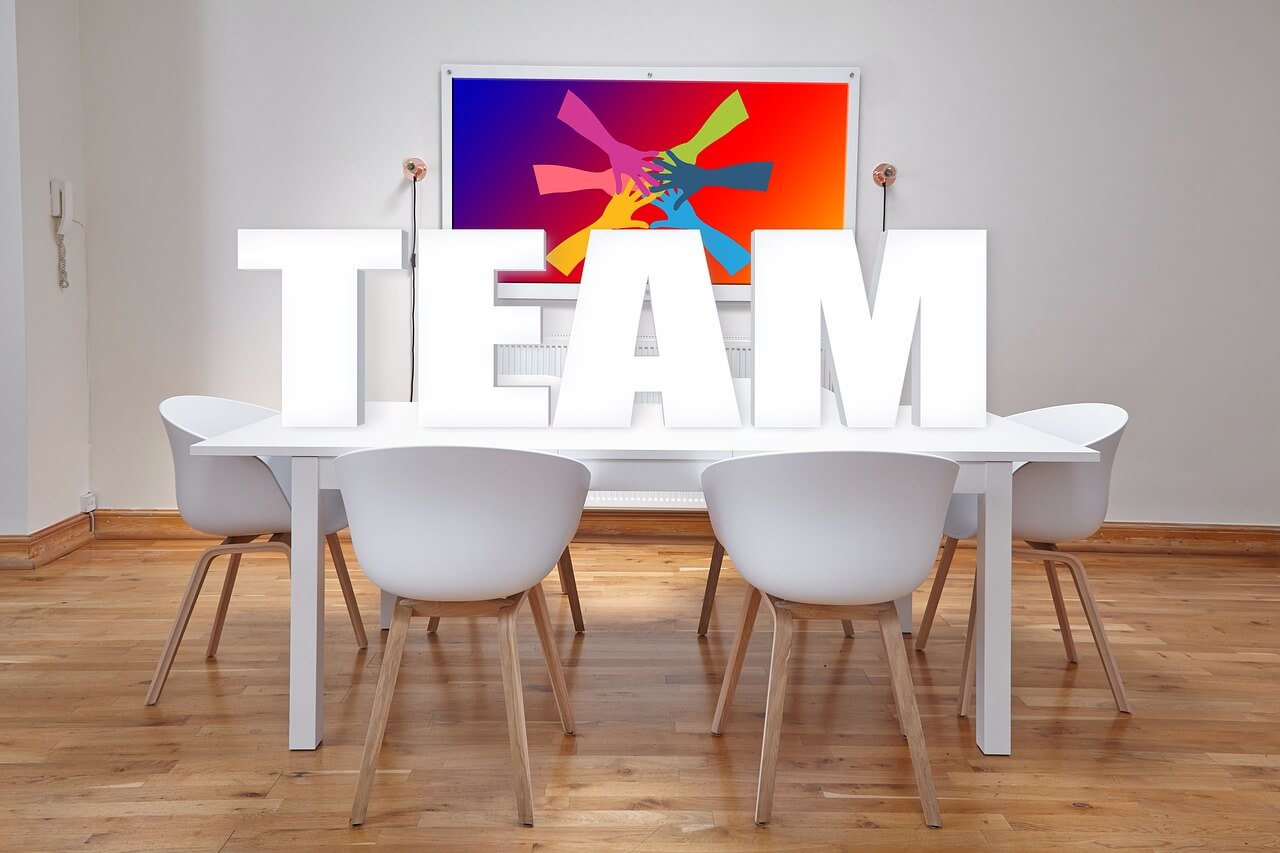
I’m not a single malt whiskey drinker, but as a visitor to Scotland enjoying the heather-covered moors, shortbread, and fine woolens, I decided to also do a tasting tour of Scottish whiskey by trying two per day. While tasting my way through Scotland, here are two major discoveries I had, with lessons applicable to working with a team.
Each whiskey has a unique profile due to its environment.
I tasted whiskey from the Highlands and Speyside regions, as well as the isles of Skye, Jura, etc. The flavors of the whiskey were as different as the topography and environment. For example, in Skye, they heat the ingredients using peat. This imparts a distinctive smoky flavor, reminding me of a campfire. The Highlands experience severe cold, which impacts flavor intensity. Add to that the aging process, from 10, 15 to 25 years, and the flavor is changed still further.
It’s the same way with your team. Each member is the product of the environment. Their strengths, skills, and stressors are all formed by individual experiences, background, relationships, and other factors of both a personal and professional life.
How aware are you of these contributors to their personalities? Are you accounting for that natural behavior when you pair skills with tasks? It’s like pairing the right whiskey with the appropriate meal.
Small dilutions make a big difference.


Some whiskey was smooth and soft…others felt like I was drinking nails. Staff at the Dalwhinnie Distillery explained that adding a single drop or two of water (yes, that little) could reduce the “edgy” of strong whiskey, making it smooth.
It’s not so different with your team. Along with our skills and behaviors comes a bit of edginess (more from some than others, I admit!) Good teaming requires that each team member understand when their edginess might get in the way. We can help them (and ourselves) develop the skill to “dilute” our behavior a tad to adjust to what the team needs. For example, someone with a strong, driven personality, who is quick to speak up, might intentionally sit back and listen for at least the first 10 minutes of a meeting. A person who tends to delay decisions because of a desire for extensive research can give themselves a limit of how many sources they will check or time they will spend on the preliminary fact-finding so that they don’t hold up the rest of the team.
So, the next time your work with your team, have an (imaginary) Scottish whiskey. Consider how your team members are unique and what may have shaped them. Coach them in how they can “dilute” their behavior a bit to soften their edginess.
For me, the interesting part of the tasting tour was appreciating all the nuances and differences. It’s the same for your team.

CAREER ADVICE

GOV TALK
